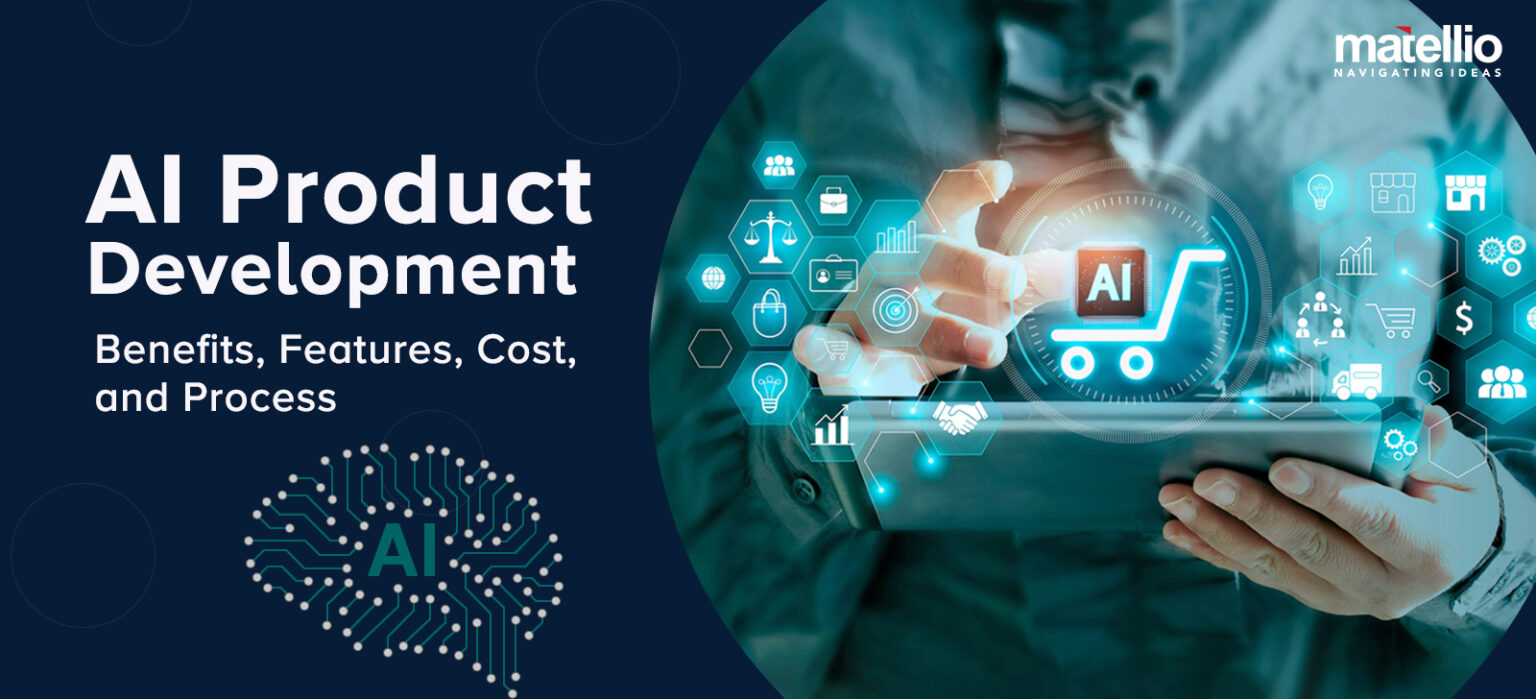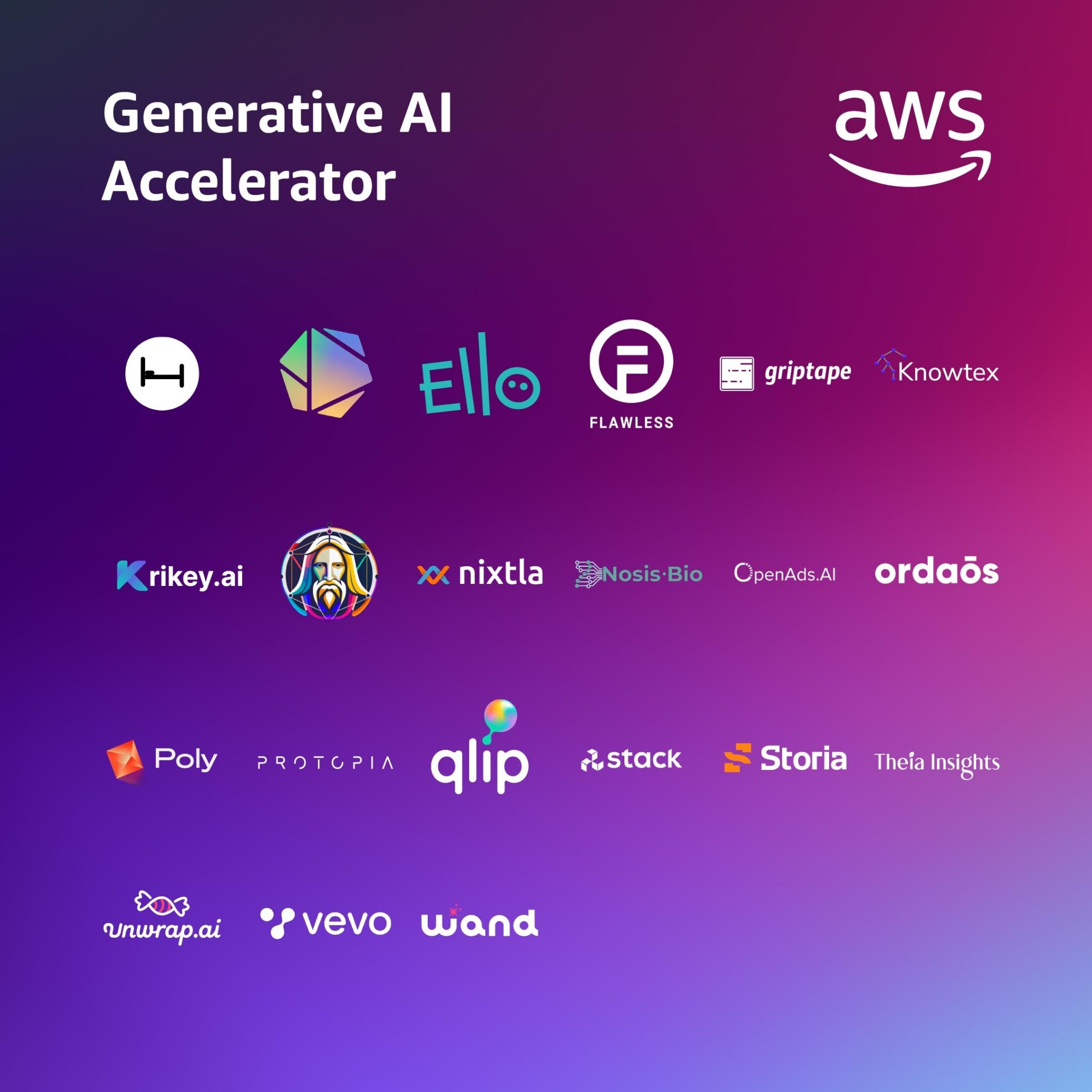
The Hidden Secrets to Building a Successful AI SaaS Product

As an AI founder, you can spend months or even years developing a cutting-edge AI-powered SaaS tool, only to realize that it doesn’t address a real pain point. The tech may be revolutionary, but if it doesn’t solve a problem that matters to the market, it won’t go far. Sound familiar?
This isn’t just an anecdote; it’s a cautionary tale. Building an AI SaaS product isn’t just about creating impressive technology—it’s about offering solutions that solve real problems while ensuring scalability, ethics, and market alignment.
Why AI Business Planning is Critical
AI has the potential to transform industries, but success lies not just in the technology, but in how it’s strategically applied. Companies that thrive with AI don’t merely use it—they integrate it deeply into their operations. Here’s how:
Predictive Power: AI analyzes vast amounts of data to identify trends, customer behavior, and market shifts. For example, businesses using AI for dynamic pricing have increased their profit margins by up to 5%.
Operational Efficiency: Automating repetitive tasks allows teams to focus on more strategic and creative work. This isn’t just about saving time—it’s about unlocking innovation.
Real-Time Adaptability: In today’s fast-paced market, adaptability is key. AI provides real-time insights, helping companies stay ahead of the curve.
But here’s the catch: these benefits don’t come easily. They require a clear, well-thought-out strategy to integrate AI effectively.
The Hidden Challenges of AI Integration
Building an AI SaaS product may seem like a dream, but the reality comes with several challenges. Here are the most common hurdles and ways to overcome them:
Resistance to Change: People naturally resist change, especially when new technologies are involved. The solution? Start with small, impactful pilot projects that demonstrate the real benefits of AI.
Data Quality: AI is only as powerful as the data it’s fed. To succeed, invest time and resources into cleaning and organizing your data before jumping into AI development.
Scalability: Many AI projects fail to scale beyond the initial pilot phase. Start small, prove your concept, then scale strategically as you gain traction.
Skill Gaps: Not everyone on your team will be an AI expert. Close the gap by investing in training or partnering with experienced AI professionals to guide your team.
The Ethical Imperative: Trust is Key
AI isn’t just a tool—it’s a responsibility. With concerns about biased algorithms and data privacy, building trust with your users is essential. To ensure your product is ethically sound:
Audit Your AI: Regularly review your AI systems for biases and ensure fairness. If your AI is involved in processes like hiring, make sure it’s unbiased and inclusive.
Protect Data Privacy: Comply with regulations like GDPR and CCPA, and be transparent about how customer data is used.
Foster Transparency: Ensure that your AI’s decision-making process is clear and understandable to both users and stakeholders.
Ethical AI isn’t just a best practice—it’s a competitive advantage in a market where transparency and trust are paramount.
Ready to Build Something Exceptional?
Building an AI SaaS product is no small feat—it requires a blend of technical know-how, strategic planning, and a deep understanding of market needs. But with the right approach, you can create something truly impactful.
If you’re ready to refine your strategy and build a product that stands out, I’d love to help. Let’s explore how we can bring your vision to life.

/read more
Related Articles


Mastering the Best AI Product Development Techniques

